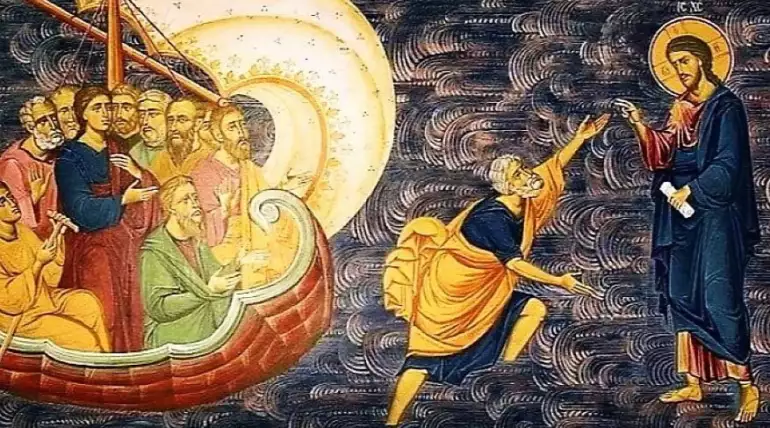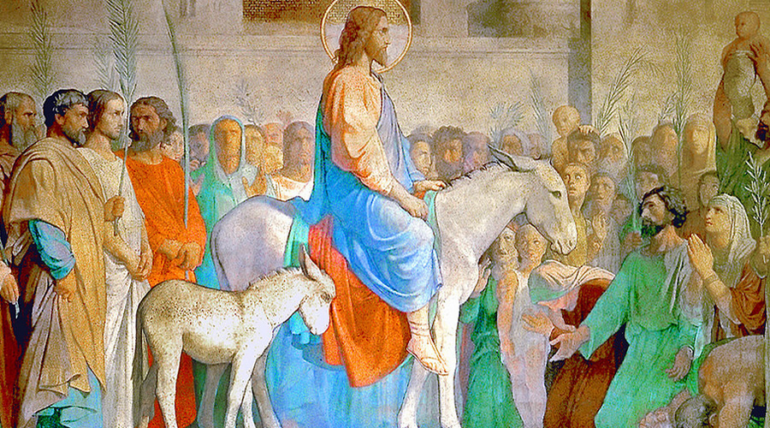FOURTH SUNDAY Mark 1:21 – 28
As I read this gospel story I’m thinking about the man who was healed of an unclean spirit. The people in the synagogue were focused on Jesus’ preaching when suddenly this man began to shout, proclaiming that Jesus was “the Holy One of God”. Jesus immediately drove the unclean spirit out of the man who must have danced all the way home with a heart filled with joy. The people were astonished at such a transformation. “Here is a teaching with authority behind it,” they said. The exorcism puts in bold relief the truth that the Gospel we respond to in faith is not simply a new set of ideas but something that is meant to transform our lives and fill us with joy.
Last week we celebrated the Sunday of the Word of God. The Word of God is transformational. To hear it in faith is to encounter Christ. We can hear the Gospel with all kinds of ideas as to how to teach it and implement it. But to hear it in faith is different; it is to hear the voice of Christ. “Jesus Christ and the gospel are not two separate things. The gospel is not a biography of Christ; for St Paul, the gospel is the living power of God (cf. Rom 1: 16). Reading the gospel is not like reading an ordinary book. You must feel with deep faith in your heart that Christ is God’s homily speaking to you” – St. Oscar Romero, The Violence of Love.
The overarching rhythm of the Bible is the action of God rescuing his people from various kinds of setbacks – whether illness, captivity or exile. God so loved the world that he sent his only Son so people would be free to have life to the full (cf. John 3: 15 and 10: 10). In the first book of the Bible, creation itself is seen as being rescued from primordial chaos. Exodus tells the story of the rescue of God’s chosen people from slavery in Egypt. The Book of Ezra-Nehemiah recounts the return of the Jews from exile in Babylon. Today’s gospel of the man being rescued from an evil spirit shows the living power of God’s word to transform those who hear it. For Mark, the reign of God is seen and felt when Jesus rescues people from whatever oppresses them.
Jesus of Nazareth … have you come to destroy us? … I know who you are, the Holy One of God. This outing of Jesus reflects the Father’s naming of Jesus at his baptism. ‘You are my son, the beloved, in you I am well pleased.” But there’s no love in the demon’s words, no delight in the goodness of Jesus. It’s as if it were saying, ‘So what if you are the Holy One of God? What difference does that make to anyone?’ Do these reactions reflect our reactions when we are challenged by the Gospel? “What have you to do with us?” sounds like the rich man’s attitude to Lazarus, and all who refuse to share wealth justly and generously. Doesn’t it underlie the attitude of those who will not welcome the migrant and asylum seeker?
Fr. QQ – 01/23/2023



